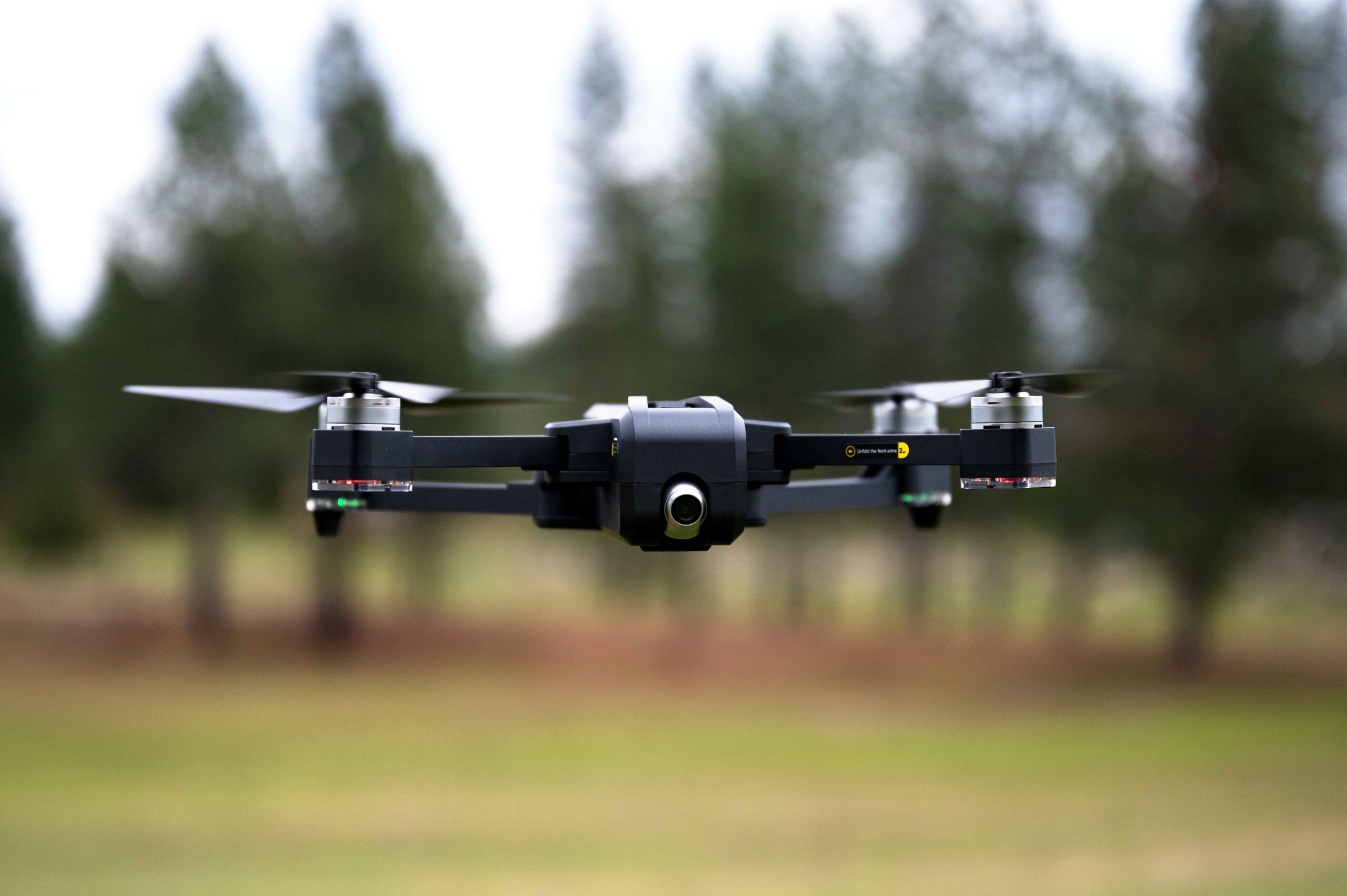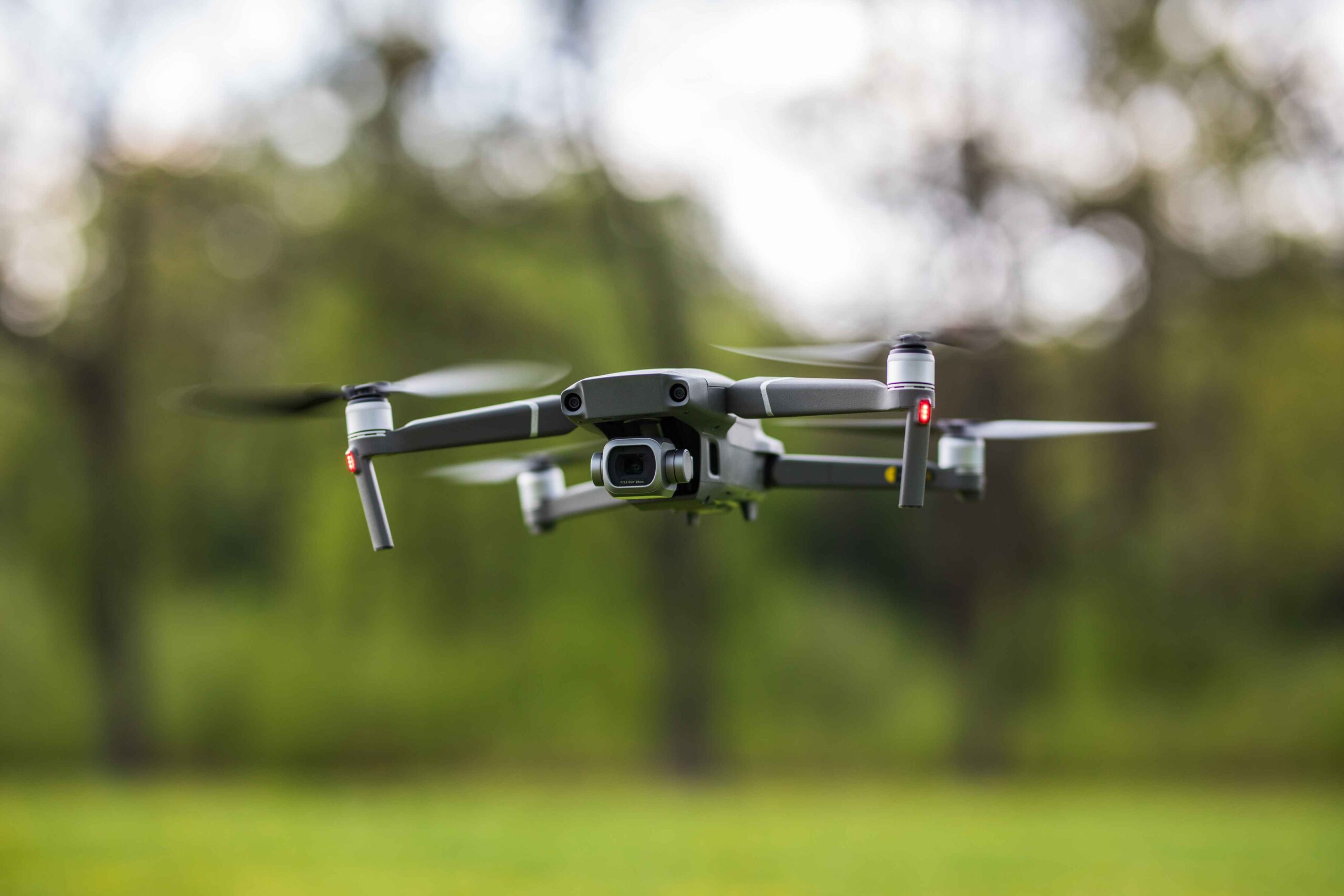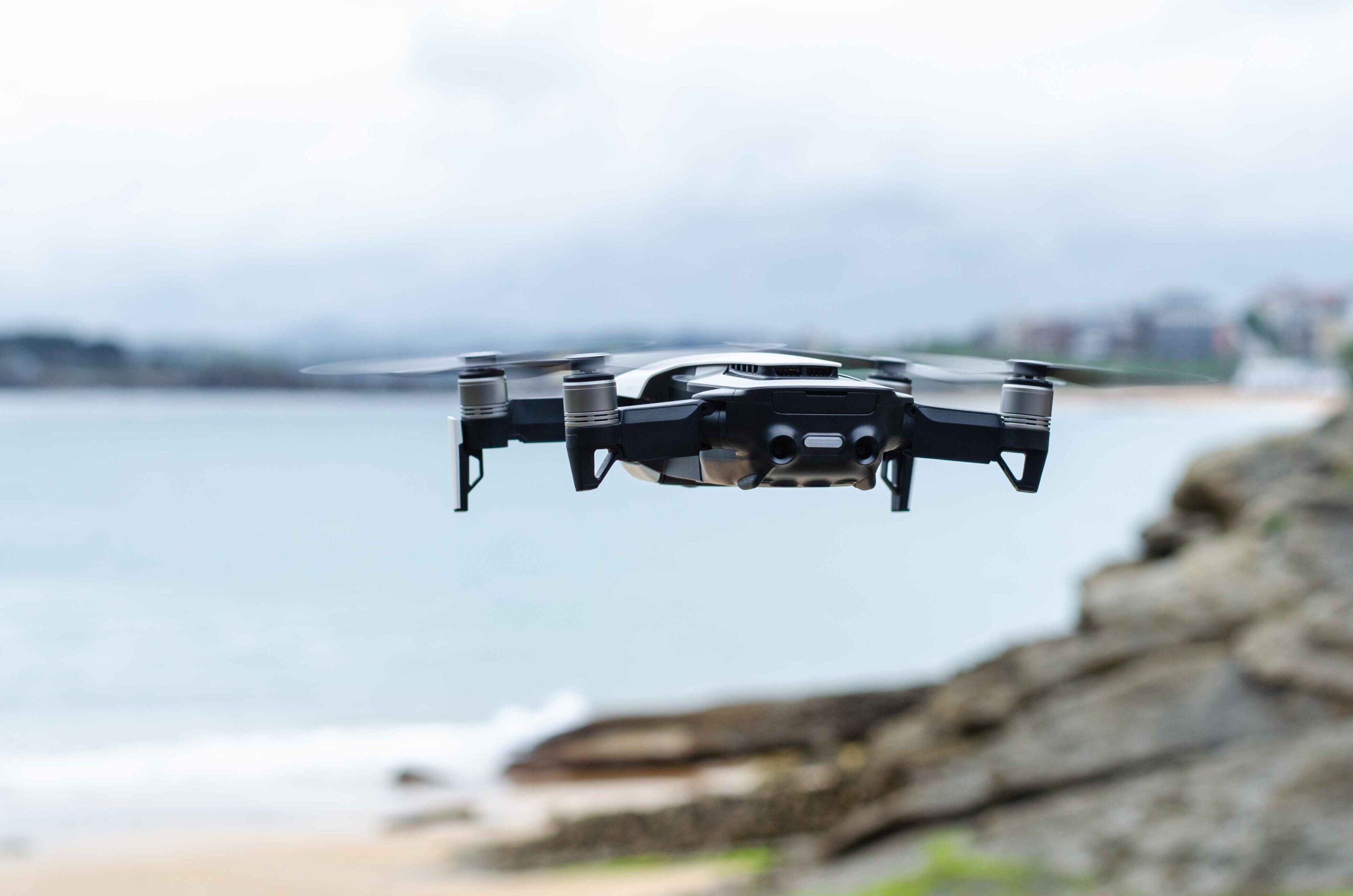Are you a drone pilot of the Bay of Galway? you may experience how thrilling it is to capture the beauty of the electrifying landscapes of Ireland from above. Drones furnish an incomparable perspective, whether it is about flying over the iconic cliffs of Galway or exploring the vibrant streets of the city.
However, before launching a drone into the sky, one should learn about the legal requirements and regulations that govern the use of drones in Ireland.
In this guide, we will dive deeper into the regulations needed to fly legally, safely, and responsibly. We will also help you understand drone categories and navigate no-fly zones for privacy-related concerns.
The parameters considered to categorize drones in Ireland are weight and their intended purpose. Here, you will understand the category in which your drone falls by determining the legal regulations applied. Let’s have a look at the overview.
The drones less than 25 kg are categorized under the open category, and used for low-risk commercial purposes. If you are a pilot flying a drone for fun or photography, it is likely to fall under this division. Let’s learn key regulations for the same.
If you are making use of drones for complex commercial activities, like filmmaking or any survey, this will be categorized as a specific category drone. The operations performed require a risk assessment or any particular authorization from IAA.
High-risk drones are considered a certified category, these are large drones used for inspection and in transporting goods. If you are planning to operate or launch a drone for such a purpose, you need to be more strict with the certification requirements.
As per the drone regulations in Ireland, registration is essential, especially for drones weighing more than 250 grams. No matter what the purpose of the drone is or in which field it is operating. Thus, for registration below instructions are mandatory takeaways.
After successful registration, you will get assigned a unique drone identification number. And the number will be visible on the drone.
If you are operating a drone as a drone pilot Galway, you must know where you can fly and can’t. No doubt that Ireland has an outlined airspace structure, however, certain areas are restricted to protect people, property, and air traffic.
If you are not aware of the no-fly around, you are free to use online tools and apps. One of those is IAA, access the same and check the list of no-fly zones before heading to the sky.
As drones sometimes mean to capture images, and videos secretly or privately. This may raise privacy concerns, however, as a drone pilot galway, you should respect privacy and abide by the data protection law.
The Volatile weather especially in Galway can impact the drone fights. Thus, before take-off always ensure that the weather is suitable for flying
Always check the weather forecast before heading out towards the sky, and it will be good for you if you postpone your flight in unfavorable conditions.
Understanding the flying regulations for drones in Ireland is crucial for a safe and enjoyable experience for pilots. If you do not consider them or fail to respect the regulations, it may lead to serious consequences, including fines and penalties. For more information, email us.
However, by registering your drone with IAA and by considering the above laws and regulations, you will be able to reserve a safe, legal, and respectful flight. For assistance, email us today!


